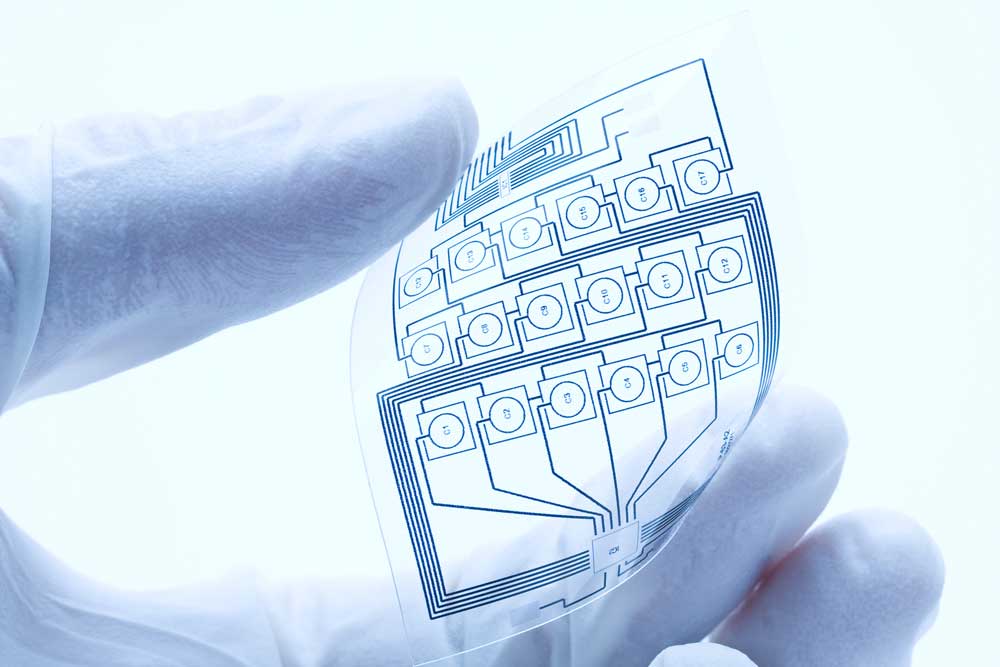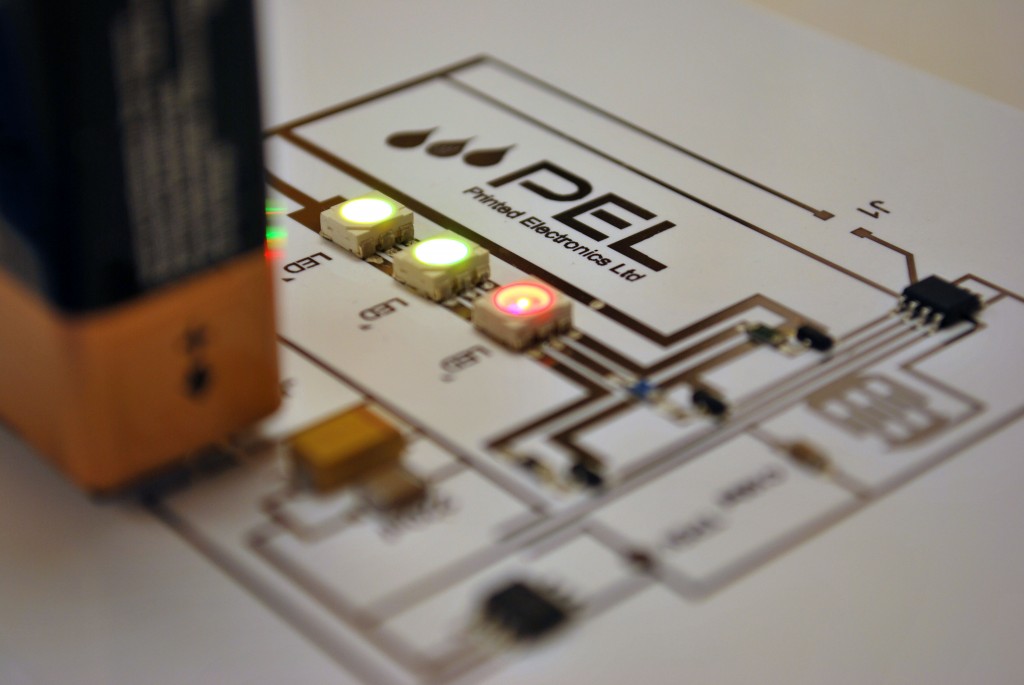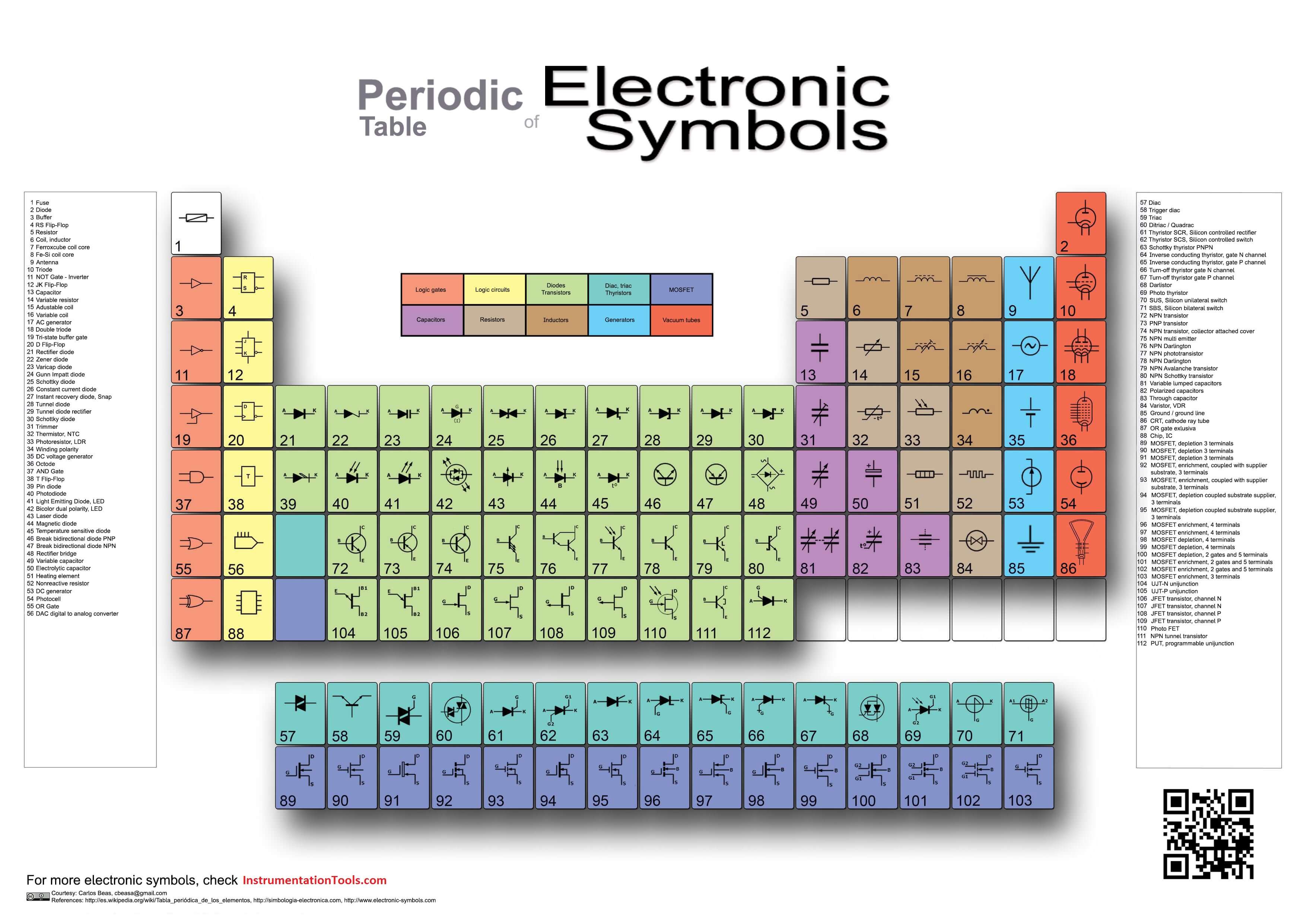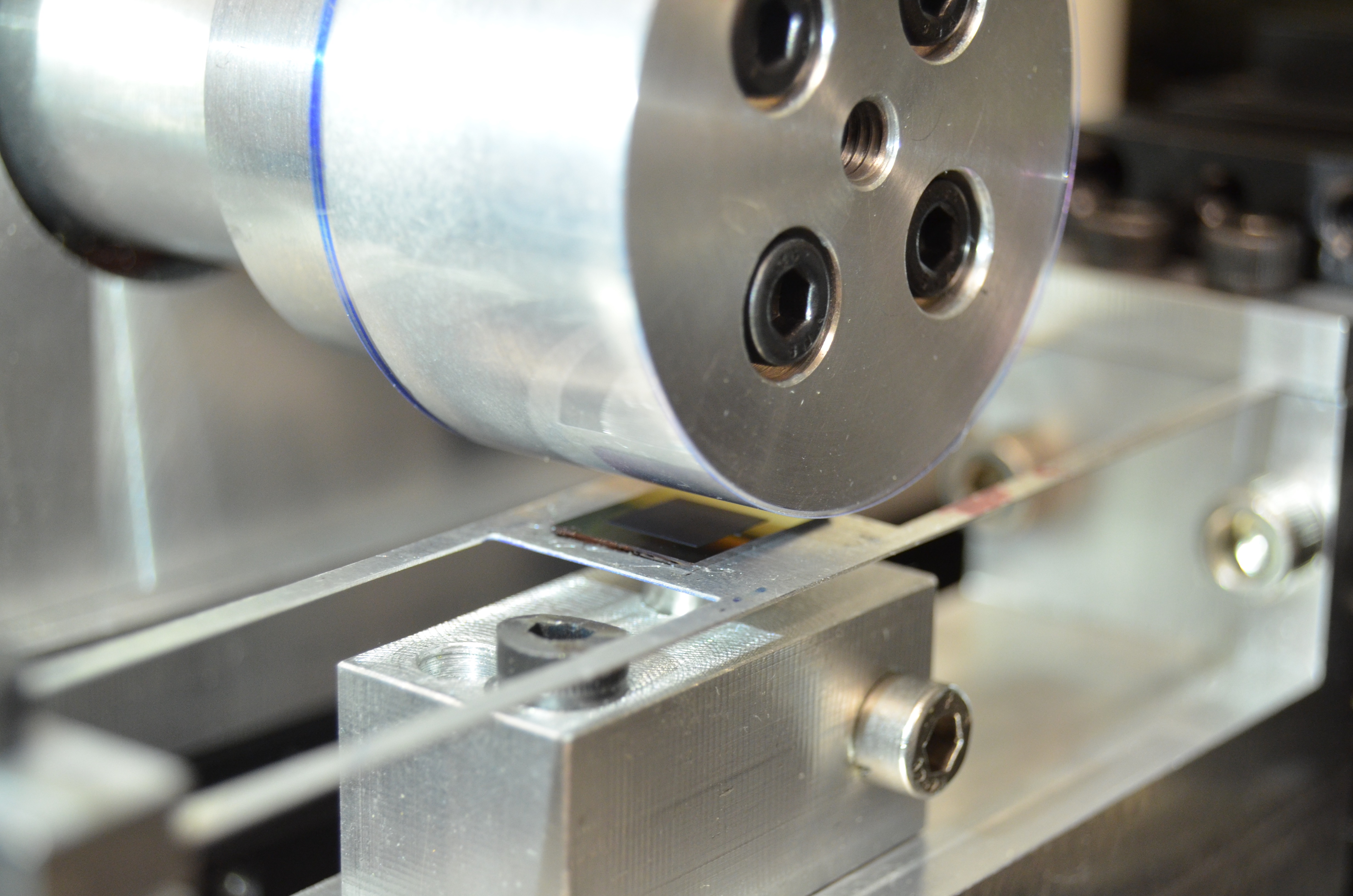Printable Electronics
Printable Electronics - (1) nanomaterials as printing materials [21]; Scientists have come a step closer to the vision of a broad application of flexible, printable electronics. Engineers at mit have invented a fast, precise stamping process that may make such electronic surfaces an inexpensive reality. Printed electronics, as the name suggests, combines two different fields into one. In a paper published in s cience advances, the researchers report. Printable electronics, an emerging technology that enables the rapid and flexible printing of electronic components directly onto various substrates, represents a paradigm shift in the creation of circuitry for both consumer and industrial applications. Originally, printed electronics related to organic or plastic electronics that use one or. Printable electronics are like magic on paper! It’s a way to make electronic devices by printing special ink onto materials like paper or plastic. Conventionally, printing is to recreate characters, paintings and pictures on papers or others with ink. (1) nanomaterials as printing materials [21]; Scientists have come a step closer to the vision of a broad application of flexible, printable electronics. Lately, printed electronics (pe), technology for creating electronic circuits and electronic components by use of printing technology, has been intensively researched and developed. Conductive and semiconductive inks, as well as various other materials, are printed onto these substrates. Scientists at the institute of applied physics at tu dresden have come a step closer to the vision of a broad application of flexible, printable electronics. It’s a way to make electronic devices by printing special ink onto materials like paper or plastic. In a paper published today in science advances, the researchers report that they have fabricated a stamp made from forests of carbon nanotubes that is able to print electronic inks onto rigid and flexible surfaces. Imagine printing a working flashlight or a musical greeting card. Printed electronics is a new way to utilize an old manufacturing method. Originally, printed electronics related to organic or plastic electronics that use one or. Printed electronics is a new way to utilize an old manufacturing method. (1) nanomaterials as printing materials [21]; Originally, printed electronics related to organic or plastic electronics that use one or. Printing typically uses common printing equipment suitable for defining patterns on material, such as screen printing, flexography, gravure, offset lithography, and inkjet. Scientists at the institute of applied physics. Instead of printing text on a paper, one can print conductive, semiconductive or dielectric inks on any suitable substrate (usually plastic) to create electrical structures. Traditional printing that creates a product by application of ink onto a substrate and electronics, the technology that creates variety of devices, circuits or systems. Engineers at mit have invented a fast, precise stamping process. Imagine printing a working flashlight or a musical greeting card. Printed electronics is a new way to utilize an old manufacturing method. Instead of printing text on a paper, one can print conductive, semiconductive or dielectric inks on any suitable substrate (usually plastic) to create electrical structures. Use raspberry pi, arduino, or gopro and create new equipment using 3d print.. Lately, printed electronics (pe), technology for creating electronic circuits and electronic components by use of printing technology, has been intensively researched and developed. Printable electronics, an emerging technology that enables the rapid and flexible printing of electronic components directly onto various substrates, represents a paradigm shift in the creation of circuitry for both consumer and industrial applications. Conventionally, printing is. Instead of printing text on a paper, one can print conductive, semiconductive or dielectric inks on any suitable substrate (usually plastic) to create electrical structures. Printed electronics, as the name suggests, combines two different fields into one. As an additive manufacturing technique, phe can fabricate heterogeneous structures of component circuits with different numbers of layers on a substrate at one. Printed electronics, as the name suggests, combines two different fields into one. Scientists at the institute of applied physics at tu dresden have come a step closer to the vision of a broad application of flexible, printable electronics. Traditional printing that creates a product by application of ink onto a substrate and electronics, the technology that creates variety of devices,. (1) nanomaterials as printing materials [21]; Originally, printed electronics related to organic or plastic electronics that use one or. The team has succeeded in developing powerful vertical organic transistors with two. Conventionally, printing is to recreate characters, paintings and pictures on papers or others with ink. Engineers at mit have invented a fast, precise printing process that may make such. As an additive manufacturing technique, phe can fabricate heterogeneous structures of component circuits with different numbers of layers on a substrate at one step. Printing typically uses common printing equipment suitable for defining patterns on material, such as screen printing, flexography, gravure, offset lithography, and inkjet. Engineers at mit have invented a fast, precise printing process that may make such. 1.1 what is printable electronics technology? Engineers at mit have invented a fast, precise printing process that may make such electronic surfaces an inexpensive reality. As an additive manufacturing technique, phe can fabricate heterogeneous structures of component circuits with different numbers of layers on a substrate at one step. In a paper published in s cience advances, the researchers report.. Scientists at the institute of applied physics at tu dresden have come a step closer to the vision of a broad application of flexible, printable electronics. In a paper published today in science advances, the researchers report that they have fabricated a stamp made from forests of carbon nanotubes that is able to print electronic inks onto rigid and flexible. Printed electronics is a set of printing methods used to create electrical devices on various substrates. Printable electronics primarily require two technology components: Use raspberry pi, arduino, or gopro and create new equipment using 3d print. “printed electronics” is a broad term that encompasses any electronics created by printing onto a variety of substrates. Printing typically uses common printing equipment suitable for defining patterns on material, such as screen printing, flexography, gravure, offset lithography, and inkjet. Originally, printed electronics related to organic or plastic electronics that use one or. 1.1 what is printable electronics technology? In a paper published today in science advances, the researchers report that they have fabricated a stamp made from forests of carbon nanotubes that is able to print electronic inks onto rigid and flexible surfaces. Now, a team based at duke university has developed and tested printable electronics using a menu of inks and an inkjet printer. Traditional printing that creates a product by application of ink onto a substrate and electronics, the technology that creates variety of devices, circuits or systems. Lately, printed electronics (pe), technology for creating electronic circuits and electronic components by use of printing technology, has been intensively researched and developed. Engineers at mit have invented a fast, precise printing process that may make such electronic surfaces an inexpensive reality. As an additive manufacturing technique, phe can fabricate heterogeneous structures of component circuits with different numbers of layers on a substrate at one step. It’s a way to make electronic devices by printing special ink onto materials like paper or plastic. Conventionally, printing is to recreate characters, paintings and pictures on papers or others with ink. Scientists have come a step closer to the vision of a broad application of flexible, printable electronics.What Are Printed Electronics? Nelson Miller
Printed electronics circuit board with green Free backgrounds and
Printable electronics with 1 to micron features and a speed of 5
Printed Electronics Commercial Fabrication of Electronic Circuits
Printable Electronics at CPI YouTube
7 best lps electronics printables Artofit
Printable Electronic Symbols Chart
Printable electronics MIT Energy Initiative
Printable Electronics
Printable Electronics Printable Giant Devices
Conductive And Semiconductive Inks, As Well As Various Other Materials, Are Printed Onto These Substrates.
Printed Electronics, As The Name Suggests, Combines Two Different Fields Into One.
Engineers At Mit Have Invented A Fast, Precise Printing Process That May Make Such Electronic Surfaces An Inexpensive Reality.
Printable Electronics, An Emerging Technology That Enables The Rapid And Flexible Printing Of Electronic Components Directly Onto Various Substrates, Represents A Paradigm Shift In The Creation Of Circuitry For Both Consumer And Industrial Applications.
Related Post:









